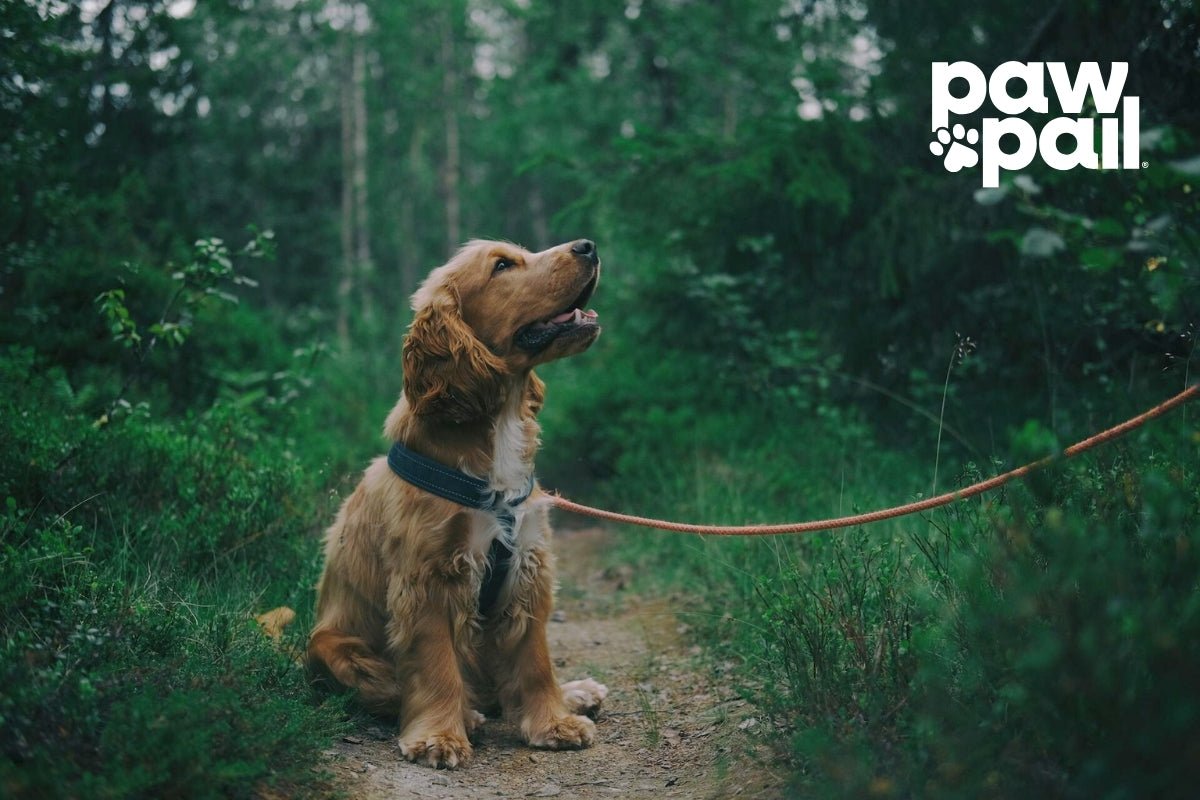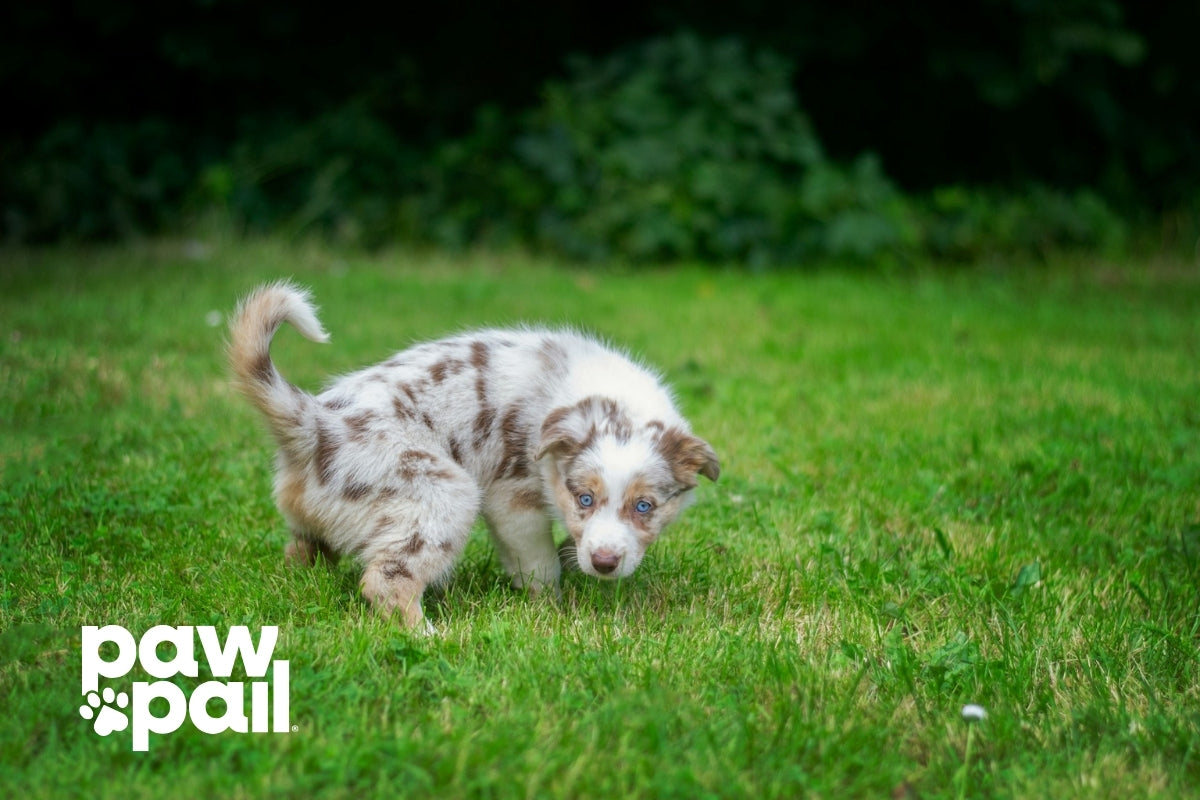As pet owners, we want our dogs to live happy, healthy lives—and a strong digestive system is at the heart of their well-being. Just like humans, dogs rely on a balanced gut microbiome to digest food, absorb nutrients, and fight off harmful pathogens. However, factors like stress, illness, antibiotics, or aging can disrupt this delicate balance, leading to digestive upset. This is where probiotics step in as a game-changer. These beneficial bacteria are increasingly recognized for their role in supporting canine gut health, immunity, and overall vitality.
What Are Probiotics?
Probiotics are live microorganisms, often called “good bacteria,” that colonize the gut and promote a healthy microbial balance. While the word “bacteria” might sound alarming, trillions of these tiny organisms naturally reside in your dog’s intestines. They play a critical role in breaking down food, synthesizing vitamins (like B12 and K), and protecting against harmful pathogens.
Common probiotic strains for dogs include Lactobacillus (e.g., L. acidophilus, L. plantarum), Bifidobacterium (e.g., B. animalis, B. longum), Enterococcus faecium, and Bacillus coagulans. These strains are often combined with prebiotics—non-digestible fibers that feed probiotics—to create synbiotic formulas for maximum effectiveness.
Key Benefits of Probiotics for Dogs
Restoring Gut Balance
A dog’s gut microbiome is a complex ecosystem. Antibiotics, infections, or dietary changes can wipe out beneficial bacteria, allowing harmful microbes to thrive—a condition called dysbiosis. Symptoms include diarrhea, vomiting, and bloating. Probiotics replenish “good” bacteria, crowding out pathogens like Clostridium or E. coli and restoring harmony.
Managing Diarrhea
Diarrhea is one of the most common reasons pet owners seek veterinary care. Probiotics are particularly effective for antibiotic-associated diarrhea. Antibiotics kill both harmful and beneficial bacteria. Probiotics like Enterococcus faecium help repopulate the gut, reducing diarrhea risk.
They’re also helpful for acute infectious diarrhea as strains like Lactobacillus rhamnosus can combat pathogens like Salmonella and improve stool consistency. For dogs with recurring issues (e.g., inflammatory bowel disease), probiotics reduce inflammation and stabilize bowel movements.
Easing Stress-Induced Digestive Issues
Dogs are sensitive to stress from travel, boarding, or loud noises. Stress triggers the release of cortisol, which disrupts gut motility and bacterial balance. Probiotics like Bifidobacterium longum produce calming neurotransmitters (e.g., GABA) and stabilize the gut-brain axis, reducing stress-related diarrhea or constipation.
Supporting Dogs with Food Sensitivities
Dogs with food allergies or intolerances often have a “leaky gut,” where undigested proteins seep into the bloodstream, triggering inflammation. Probiotics like Lactobacillus casei strengthen the intestinal barrier, reducing allergic reactions. They also break down hard-to-digest proteins and carbohydrates, easing symptoms like itching or chronic ear infections.
Enhancing Nutrient Absorption
A healthy gut is essential for extracting nutrients from food. Probiotics improve digestion by producing enzymes that break down lactose, fiber, and starches. They help in increasing fatty acid production for better fat absorption and synthesizing vitamins B12 and K. This is especially helpful for senior dogs or breeds prone to malabsorption issues, like German Shepherds.
Combating Bad Breath
Chronic bad breath in dogs often stems from an imbalanced gut or oral microbiome. Probiotics reduce odor-causing bacteria in the mouth and gut, promoting fresher breath.
Post-Antibiotic Recovery
While antibiotics save lives, they can leave the gut vulnerable to opportunistic infections. Probiotics accelerate post-antibiotic recovery by replenishing good bacteria and preventing secondary issues like yeast overgrowth or C. difficile infections.
When to Use Probiotics
Probiotics can benefit dogs in many situations, such as during antibiotic treatment or after diarrhea or vomiting episodes. They’re helpful for senior dogs with sluggish digestion and before stressful events such as fireworks or traveling. Lastly, probiotics are great for breeds prone to IBS, like Boxers or French Bulldogs.
Safety and Precautions
Probiotics are generally safe, but there are a few guidelines to follow. First of all, start introducing them slowly with a low dose to avoid temporary gas or bloating. Avoid giving them to critically ill dogs as immunocompromised pets may risk bacterial translocation. Check expiration dates because probiotics lose potency over time. Finally, consult with your vet, especially for dogs with pancreatitis, cancer, or chronic diseases.
A Cleaner Yard for a Healthier Pup
By now, you understand how probiotics can transform your dog’s digestive health—balancing their gut, easing diarrhea, and even freshening their breath. But a healthy gut isn’t just about what happens inside your dog; it also impacts what ends up outside. Firm, well-formed stools are a hallmark of good digestion, and with the right probiotic regimen, you’ll likely notice easier, more consistent cleanups during walks or backyard playtime.
That’s where Paw Pail comes in—a must-have companion for every proactive pet parent. Just as probiotics work to optimize your dog’s internal health, Paw Pail simplifies the often unpleasant task of managing your dog’s waste. Designed with convenience and odor control in mind, this durable, eco-friendly dog poop pail features a secure lid and carbon filter system to lock in odors, keeping your outdoor spaces fresh and sanitary. Invest in their gut health with high-quality probiotics and pair them with Paw Pail’s waste management system. Your dog (and your nose!) will thank you.



